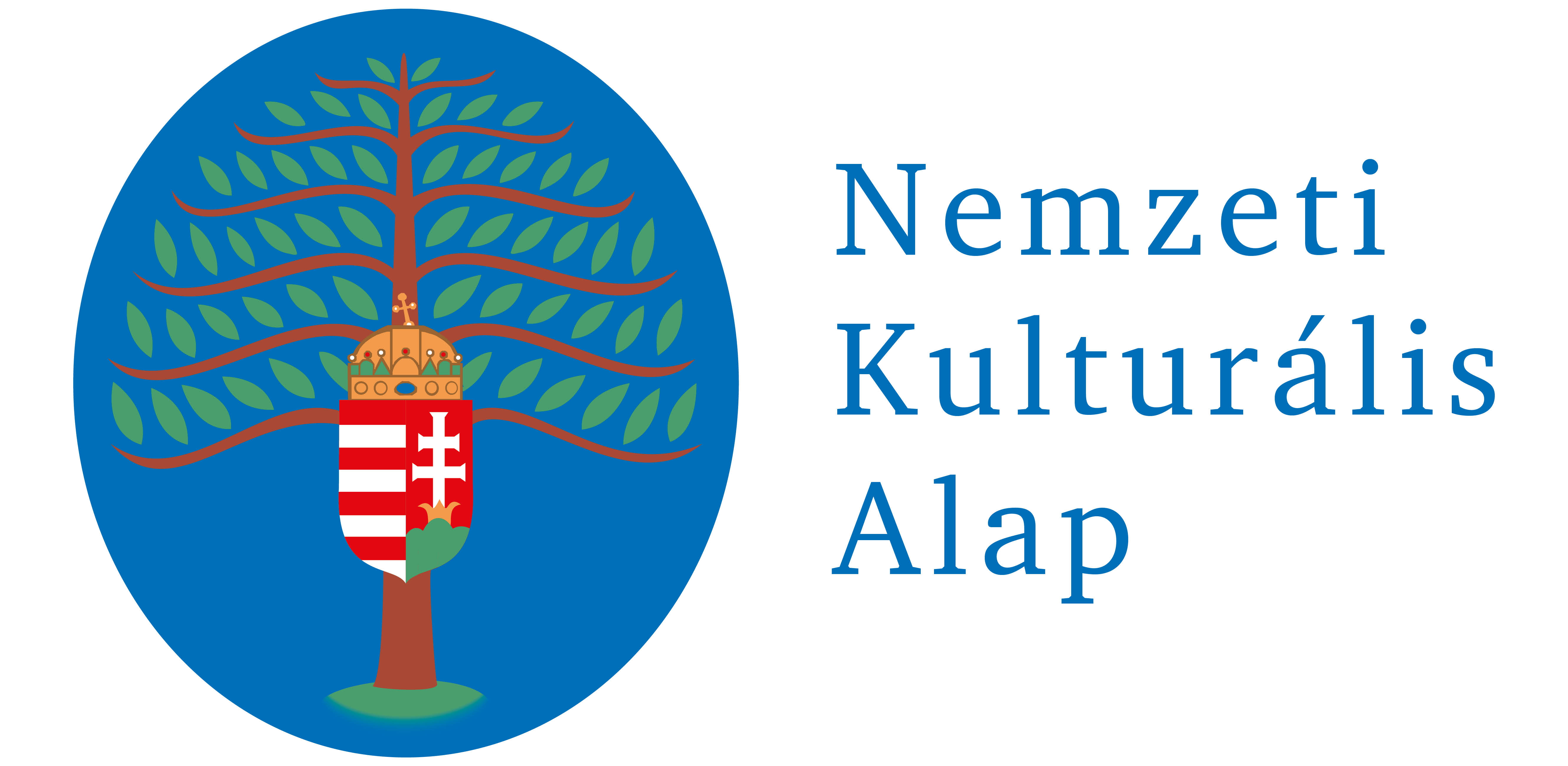Naptár
2024. április 15–19.
2024. április 20.
Eötvös József Kárpát-medencei középiskolai szónokverseny
2024. április 24. – május 3.
Tovább...
3. 2009.
Abstracts in English
Studies
Adamikné, Jászó Anna
Rhetoric thinking and reading comprehension
In this paper the relation between rhetoric thinking, reasoning and reading comprehension is investigated. While focusing on reasoning, first the development and current trends of rhetoric are reviewed. The hypotheses are the following: rhetoric reasoning differs from formal reasoning; rhetoric reasoning is quasilogical or practical reasoning, i.e., presumptive reasoning. Presumptive reasoning can be illustrated by the model I –> V (Igazság –> Valószínűség) [T –> P (Truth –> Presumption)]. Its device is the rhetorical syllogism or enthymeme, which is the core of not only logical, but of ethical and psychological reasoning as well.
Nagy, Zsuzsanna
Text-production abilities and text-linguistic knowledge of eleventh-grade students
Sound production errors in teachers’ speech
Sound as an important working device for teachers is affected by several factors of environment and lifestyle. Teachers thus have to take special care of their voice and the health of their speech organs in order to be able to pursue their job for a long time. Besides, they also need to pay attention to the sound production of the students. In this study, we give a short overview of the physiology and structure of speech organs as well as the acoustic parameters of sound production. On the basis of patients’ complaints we describe the mutations of the larynx and other speech organs. We also discuss infectious diseases, functional problems and nervous system anomalies. Finally, we describe the examination methods of the speech organs which provide insight into the field of otolaryngology within medical diagnosis.
Workshop
Szinger, Veronika
Text-comprehension exercises for the development
of first-language-communication competence
The importance of reading has been decreasing in the last decades. However, reading and writing skills are inevitable in our civilization. When developing knowledge transfer skills, we need to ensure that school fulfils its basic function, and students leave school with the kind of knowledge that they can use in everyday life. They need to have the skills which live up to the expectations of the labour market and skills which prepare them for lifelong learning. In order to develop text comprehension of each student, we need to identify the individual comprehension deficits, the types and places of comprehension failures. These areas can only be developed if we concentrate on subskills and then combine them together. The study also contains exercises for developing these subskills while focusing on a certain development area.
Bakonyi, Anikó
Competence-based work with literary texts and cooperative learning
Competence is credibility. It refers to all the working skills, personal skills and abilities, motivation and characteristics which contribute to the successful implementation of a given task. The main purpose of teaching literature is to ensure the conscious interpretation and reception of literature as art. This is why, literary theory is taught and literary analysis is carried out from early childhood. Cooperative learning is based on activities in small groups of 4–6 students. In this way, students mutually depend on each other; their cooperative skills develop; friend relationships may develop among them; they become motivated to achieve the common goals; finally, their communication skills and techniques develop as well. This study aims to show how to develop different competences with the analysis of literary texts with the help of cooperative group work.














